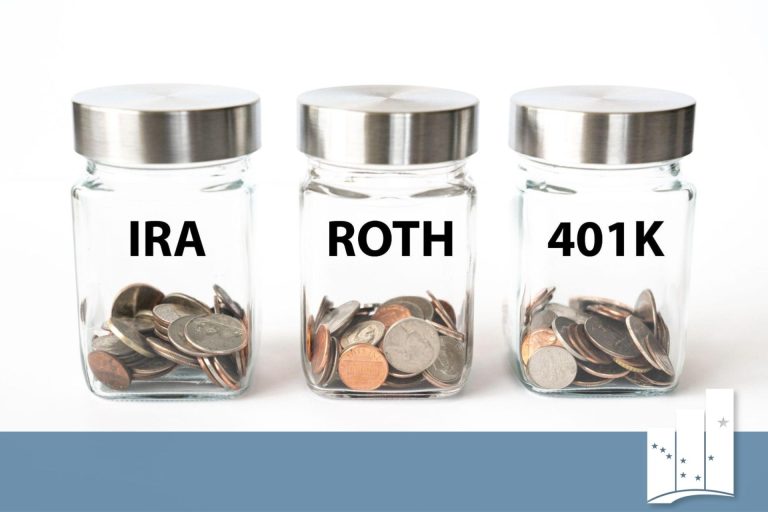We recently ran across a Facebook ad maligning 401(k)s as a “switcheroo” and a product of “evil Wall Street guys” and that a TFRA can recreate the old Pensions and do it tax-free for the everyday investor. This made the subject a perfect candidate for our Myth Debunking series.
When it comes to saving for retirement, individuals have a variety of options available to them. This blog compares 401(k) retirement account to a tax-free retirement account (TFRA), also called the Section 7702 plan, which is funded through a permanent cash value life insurance policy.
While both accounts offer tax advantages, several key differences give the 401(k) a lead over the TFRA.
One of the main advantages of a 401(k) over a TFRA is the ability to receive an employer match. Many employers offer a matching contribution to their employees’ 401(k) accounts, which can significantly boost the amount of money saved for retirement. For example, an employer might match 100% of an employee’s contributions up to 6% of their salary. This means that if an employee contributes 6% of their salary to their 401(k), their employer will contribute an additional 6%. This match effectively doubles the amount of money being saved for retirement.
Another advantage of a 401(k) is the higher contribution limit. In 2023, the contribution limit for a 401(k) is $22,500, while the contribution limit for a TFRA is $6,500. This means that individuals can save significantly more for retirement in a 401(k) than they can in a TFRA. Additionally, individuals who are over the age of 50 can make catch-up contributions to their 401(k) of up to $7,500, which further increases the amount that can be saved.
Another difference between the accounts is the higher cost associated with cash-value life insurance policies, which are used to fund these accounts. They can include premium tax, management fees, administrative fees, and agent commissions, which create a substantial fee drag depending on the policy type and coverage amount. If a Variable Life Insurance Policy is used for a TFRA there may be similar potential investment growth, but internal product fees start to reduce the effectiveness of the TFRA’s tax-free claim. It further reduces as an advantage if the Roth 401(k) option is elected. 401(k)s also have a wider range of investment options available within the plan, such as mutual funds, exchange-traded funds (ETFs), and company stock. This can provide greater diversification and potential for higher returns, making it important to consider the potential returns against the costs involved.
In defense of a TFRA plan individuals hitting the highest tax brackets can benefit because the fee hurdle is a much smaller percentage of their tax rate.
Finally, unlike the TFRA, which is not a qualified plan, the traditional 401(k) also offers a tax deduction for contributions. This means that contributions to a 401(k) reduce an individual’s taxable income for the year, which can result in a lower tax bill now.
In conclusion, while both 401(k) and TFRA accounts offer tax advantages for retirement savings, the 401(k) has several key advantages that make it a better option for many individuals. The ability to receive an employer match, the higher contribution limit, lower costs, and tax deductions all make the 401(k) a superior choice for those looking to save for retirement.
When choosing a retirement savings plan, it is important to carefully evaluate the potential benefits and drawbacks of each option to make an informed decision that aligns with your long-term financial goals. As always, it is important to speak with a financial advisor to determine the best retirement savings strategy for your individual circumstances.
Stan Moiseev
Associate Financial Advisor
4/3/23
Commentary: The opinions expressed are those of Alaska Wealth Advisors Investment Team. The opinions referenced are as of the date of publication and are subject to change due to changes in the market or economic conditions and may not necessarily come to pass. Forward looking statements cannot be guaranteed.
Note: This material should not be construed as tax advice. You should always consult with your tax professional with regard to specific tax questions and obligations.
Adviser Disclosure: Alaska Wealth Advisors is an investment adviser registered with the U.S. Securities and Exchange Commission. Registration does not imply a certain level of skill or training. More information about Alaska Wealth Advisors’ investment advisory services can be found in its Form ADV Part 2, which is available upon request.







